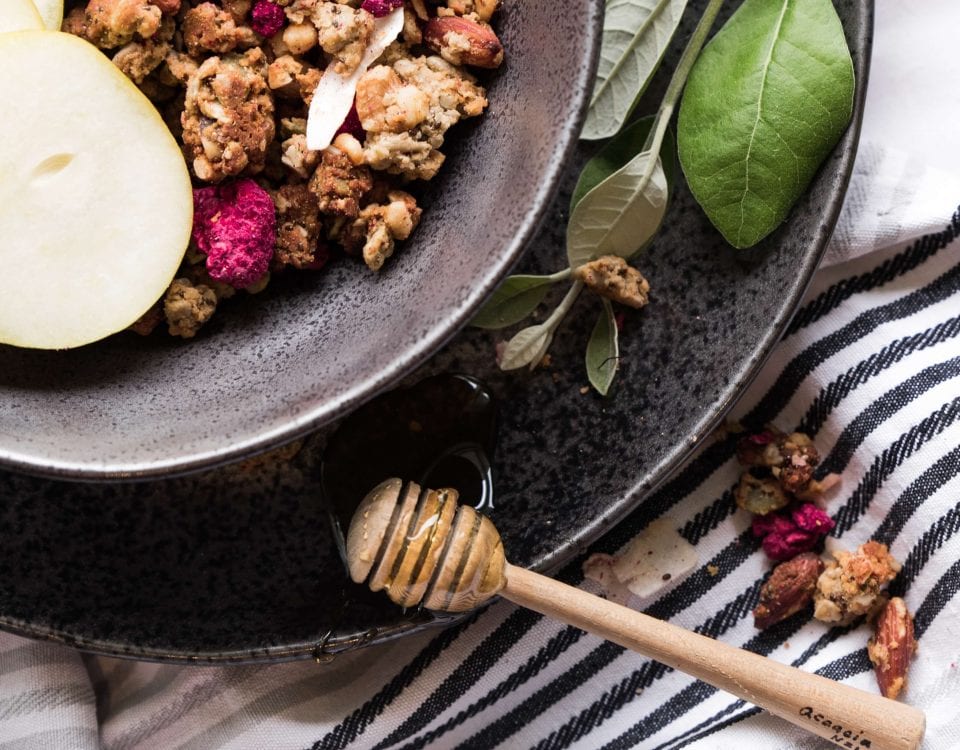One of the most common questions I am asked is "So what exactly does a Naturopath do?” As someone who grew up in a family that only ever went to the GP when something was wrong, I completely understand that Naturopaths may not be at the front of everyone’s mind.
U nfortunately Naturopaths haven’t always been given the best wrap. In fact, if you type “Naturopaths are…” into Google, the most common searches include “quacks”, “dangerous”, “frauds” and “a waste of money”.
Fear of the unknown has shaped public perception, and this has been further perpetuated by mainstream media. Regardless, Naturopathy is becoming an increasingly more popular form of complementary medicine (CAM) around the world. In Australia, CAM is estimated to be used by up to 66% of the population and accounts for approximately $4.7 billion in expenditure every year.1,2,3
I’d like to think this means there is a significant portion of the population that doesn’t think we’re all quacks, and for good reason…
Naturopath’s treat holistically.
Naturopaths use a holistic approach to wellness based on the principle that the body has an inherent ability to heal itself. This isn’t quackery, this is bog standard science! This means that we take all 12 body systems into account when treating a client as this gives us a much deeper understanding of how the body is working as a whole, rather than just treating individual symptoms. For example, if a client comes in with a skin condition such as acne or dermatitis, one of the first things we will talk about is gut health. Why? Because gut health and gut function is one of the root causes of all skin conditions.4,5 By treating the underlying cause this allows us as to really work towards eradicating the condition as opposed to masking the symptoms.
Treatments are science-based.
Probably the main criticism against natural medicine is that it has no scientific backing. This couldn’t be further from the truth. Just as with modern medicine, Naturopathy is based on scientific research to ensure that all treatments are safe and effective. The minimum requirement to be a Naturopath in Australia is a four-year full-time Bachelor of Health Science degree, of which the final year is primarily focused on supervised clinical practice.
You don’t have to choose between naturopathic medicine and conventional medicine.
Naturopathic medicine and conventional medicine are both incredibly valuable systems that excel in difference aspects of patient care. I strongly advocate using both! Whilst conventional doctors can offer life-saving medications, Naturopaths are able to offer herbs, vitamins, minerals, nutritional support, and in some cases homeopathic remedies and flower essences, to prevent disease and restore health. Despite their differences, Naturopaths and Allopathic doctors also have a lot in common. Both are:
Highly trained health care professionals
Utilise science and evidence-based treatments and techniques
Rely on a network of allied health professionals to fully service clients
Have a profound responsibility for the well-being of their patients6
As a Naturopath I happily work alongside conventional physicians to ensure that we can offer our clients the best possible care and health outcomes. Studies have shown that patients who include naturopathic care together with conventional treatment have better overall health outcomes.7,8
There are some things we can quite frankly be better at resolving.
There are so many people that are unwell because they haven’t gotten well in the conventional system. This isn’t because doctors aren’t good at what they do, it’s primarily because they don’t have the time within a standard consultation to map out individualised treatment plans that include supplementation, diet and lifestyle changes to fully assist specific conditions. Drugs can help initially, but at some point they may stop working as well as they once did. Or, the side-effects may outweigh the beneficial effects they were initially prescribed for. Such conditions that most people would highly benefit from seeing a Naturopath for, in collaboration with their GP, include:
Hormonal irregularities (PMS, irregular or painful periods, PCOS)
Elevated blood pressure and/or cholesterol
Type 2 diabetes/insulin resistance
Gut issues (bloating, IBS, Crohn’s, constipation)
Anxiety and depression
Heart burn/reflux
References
1Gibson, C. (2017). Complementary Medicines Australia 2018/19 Federal pre-Budget Submission. Retrieved 10 October 2018, from https://consult.treasury.gov.au/budget-policy-division/2018-19-pre-budget-submissions/consultation/download_public_attachment?sqId=question.2017-09-12.3768452384-publishablefilesubquestion&uuId=310335732
2Ung, C., & Harnett, J. (2017). Community pharmacist’s responsibilities with regards to traditional medicine/complementary medicine products: A systematic literature review. Research in Social and Administrative Pharmacy, 13, 686-716.
3Von Conrady, D. M., & Bonney, A. (2017). Patters of complementary and alternative medicine use and health literacy in general practice patients in urban and regional Australia. The Royal Australian College of General Practitioners, 46(5), 315-320.
4Salem, I., Ramser, A., Isham, N., & Ghannoum, M. A. (2018). The Gut Microbiome as a Major Regulator of the Gut-Skin Axis. Frontiers in microbiology, 9, 1459. doi:10.3389/fmicb.2018.01459
5Stubenrauch, A. (2013). Complementary Medicine Association. Retrieved 10 October 2018, from http://www.health.gov.au/internet/main/publishing.nsf/content/submission4
6Prescott, S. L., Larcombe, D. L., Logan, A. C., West, C., Burks, W., et al. (2017). The skin microbiome: impact of modern environments on skin ecology, barrier integrity, and systemic immune programming. The World Allergy Organization journal, 10(1), 29. doi:10.1186/s40413-017-0160-5
7Seely, D., Szczurko, O., Cooley, K., Fritz, H., Aberdour, S., et al. (2013). Naturopathic medicine for the prevention of cardiovascular disease: a randomized clinical trial. Canadian Medical Association Journal, 185(9), E409-16.
8Bradley, R., Sherman, K. J., Catz, S., Calabrese, C., Oberg, E., et al. (2012). Adjunctive naturopathic care for type 2 diabetes: patient-reported and clinical outcomes after one year. BMC complementary and alternative medicine, 12, 44. doi:10.1186/1472-6882-12-44






